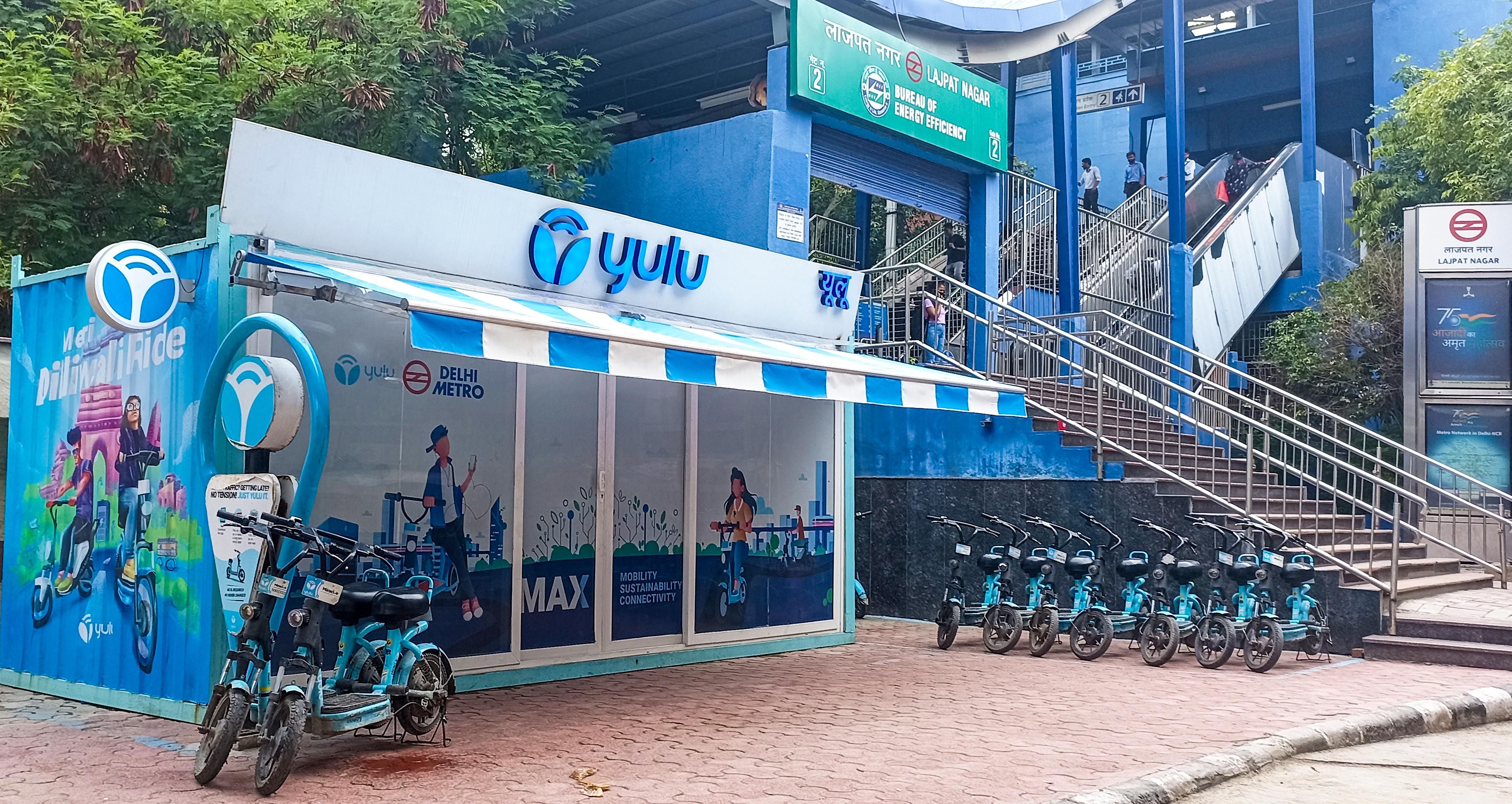
Amit Gupta, Founder and CEO, , credits two major partners for the shared e-bike company’s early success—its strategic investors and Indian regulators.
Speaking at TechSparks 2023, YourStory’s flagship startup-tech event, Gupta recalled that very early on in Yulu’s journey, the company decided to partner with Bajaj Auto’s Rajiv Bajaj, who was excited to explore a melding of sorts with the shared micro-mobility platform.
Bajaj not only came in as Yulu’s strategic investor but also the manufacturer of its e-bikes.
“We knew the world of tech, big data, and AI, and Bajaj, of course, knew how to make high-quality mobility products,” Gupta added. “We did get money from Bajaj as they invested in us, but we also got priceless support on the manufacturing and R&D side.”
He also emphasised that, unlike the popular perception of strategic investors who may see the company they invested in as a threat, Bajaj sees Yulu’s growth as its own, and the two companies foster an environment of co-innovation. “We don’t have an ego that we have to build everything ourselves.”
For startups beginning to build in the space, Gupta suggests taking a similar approach—looking for the best strategic investors, partnering with them, and aligning them so that when the new business grows, the strategic partner grows as well.

.thumbnailWrapper
width:6.62rem !important;
.alsoReadTitleImage
min-width: 81px !important;
min-height: 81px !important;
.alsoReadMainTitleText
font-size: 14px !important;
line-height: 20px !important;
.alsoReadHeadText
font-size: 24px !important;
line-height: 20px !important;

On government support
When Yulu initially started, it wanted to follow the footsteps of micro-mobility startups in the West, where one could pick up a bike from any location and drop it off at any other location.
In India, that model failed due to several issues, including a lack of parking spaces and bad behaviour by customers.
To remain as ubiquitous as it would’ve been had it followed the earlier model, the company decided to set up Yulu Zones, where customers could park their bikes at a location close to them and charge their e-bikes.
Gupta said he reached out to government officials in most major cities in India—Mumbai, Delhi, Bengaluru, Pune—and asked for space near metro stations and parking lots.
“Officers in each one of the states were very kind to us and believed in us,” he said, adding that because of the government’s willingness to work with the company on e-micro-mobility, Yulu was able to build a solid moat and scale quickly.
Stressing the importance of participation from regulators in the India e-mobility saga, Gupta said he does not envision growing Yulu himself beyond 20 cities—instead, he wants those who are passionate about building a company like Yulu in their city to borrow the company’s playbook, its underlying tech platform and vehicles, and build on their own using their own local government connections.
“We’ll give you Yulu in a box…you manage the stakeholders in your cities because you know and have those connections better than we would,” he added.
Gupta hopes the government will continue to support the EV ecosystem via subsidies, as it has been doing via the FAME (Faster Adoption and Manufacturing of (Hybrid &) Electric Vehicles in India) scheme.
Infrastructure should be a focus in the upcoming iteration of FAME, and the government should offer capital expenditure, space, and electricity subsidies to render infrastructure development more cost-effective, thereby accelerating the adoption of EVs in the nation, asserted Gupta.
Edited by Suman Singh










